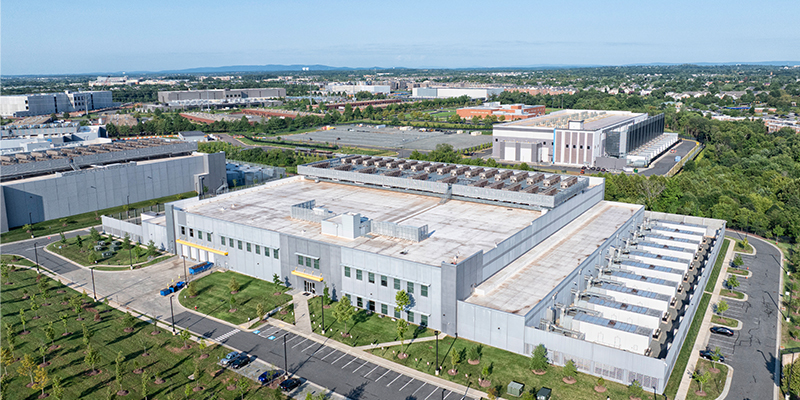Members from the three NAIOP chapters in North Carolina traveled to Raleigh last week for their legislative advocacy day within the state capitol. The two-day event provided an important opportunity for attendees to collaborate on the issues facing commercial real estate and advance the industry’s interests with state lawmakers.
NAIOP’s state card on the economic impact of commercial real estate on the national and state economies reflects the industry’s powerful contribution to North Carolina’s economy. The commercial real estate industry in North Carolina is the sixth highest-ranking state in the United States for overall contributions to the state’s gross domestic product with $44.1 billion and 312,000 jobs created and supported in 2023. NAIOP members leveraged this important information in meetings with lawmakers as part of their three legislative priorities – economic development, transportation and infrastructure, and regulatory reform.
Continued economic development remains a top priority for the NAIOP chapters in a state that is experiencing tremendous economic growth and has been ranked the top state for doing business in both 2022 and 2023 by CNBC. NAIOP of North Carolina’s advocacy for legislation that expands commercial development included tax incentives for the conversion of underutilized commercial buildings, a federal priority for NAIOP Corporate as well. Greater coordination between state incentive-based and workforce training programs were also promoted in order to retain, expand, and attract private sector investments.
The rapid economic growth in North Carolina also requires an up-to-date and efficient infrastructure system to meet current and future demands. The chapters support increased funding for the state’s infrastructure systems that includes sustainable roads, reliable electricity generation and transmission, and water treatment plants. Without these and other infrastructure investments by the legislature, commercial real estate and the private sector will not be able to reach its current and future economic potential.
Regarding regulatory reform, NAIOP of North Carolina scored a huge legislative victory with its advocacy last year with the enactment of Senate Bill 677. The bill brings more transparency, predictability and accountability to local permitting processes. The permitting reforms in the new law provide the option for a permit applicant to seek a review by a certified third-party (architect or engineer) if the local government entity is unable to make a decision within 45 days of submission. This was a positive step forward for commercial development, but the state can also do more by providing consistency in the interpretation and application of state regulations.
Other regulatory reforms advocated by the chapters include the state legislature taking a holistic review of state regulations that are repetitive, ambiguous and unnecessarily overburdensome. State action in these areas is vital for spurring continued commercial development, economic growth and job creation.
NAIOP members met with nearly 30 lawmakers and/or their staff during their visit to Raleigh. This included a delegation, representing NAIOP of North Carolina, meeting with Senate President Phil Berger and House Speaker Tim Moore. These meetings with state leaders strengthened relationships heading into next year’s session following the Nov. 5 election.
Like many other states, the North Carolina legislature is also grappling with the passage of a new budget before the start of the next fiscal year. Many of NAIOP of North Carolina’s 2024 priorities, such as their support for the Job Development Investment Grant program, will be impacted by the new budget. Unfortunately, negotiations on the budget between the Republican-controlled state House and Senate have come to an impasse on funding priorities. The state Senate has threatened to withdrawal from negotiations over suggested House spending levels.
The advocacy day at the state capitol and these latest developments on budget negotiations underscore the importance of our North Carolina chapters remaining engaged and participating in the legislative process. Their advocacy is making a difference for commercial real estate and economic development in the Tar Heel state.








